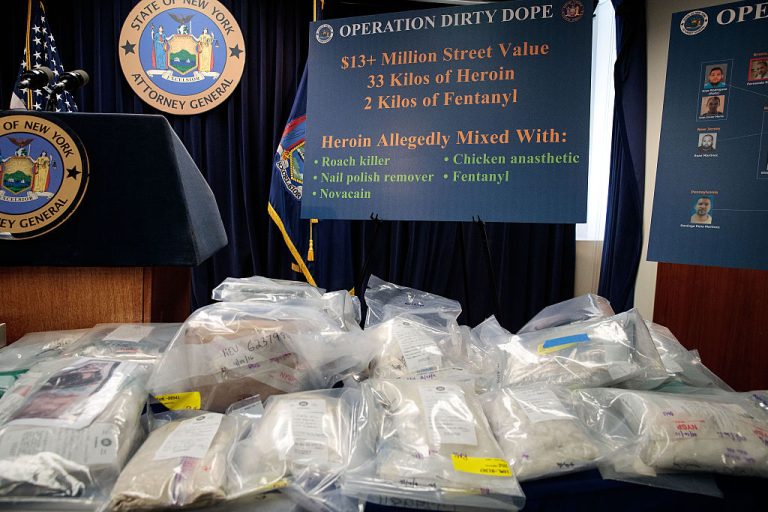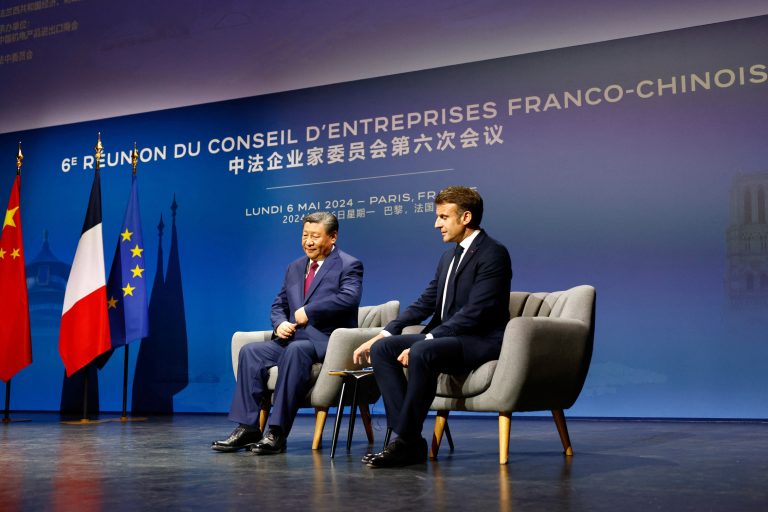Taiwan has been a topic of contention between Washington and Beijing. The Chinese regime sees the island as a wayward province that they need to annex by the use of military force. The United States, however, supports Taiwan’s democratic existence. Joe Biden recently raised eyebrows when he publicly committed to protecting Taiwan, though the statement was quickly walked back by the White House.
While speaking to CNN, Biden was asked whether Washington would take action to defend Taiwan in case communist China invades the island. The president replied, “Yes, we have a commitment to do that.” Biden’s words went against the “strategic ambiguity” position that Washington has maintained over the past several years on the Taiwan issue.
In 1979 when the U.S. entered into diplomatic relations with communist China, it agreed to formally break off relations with Taiwan. That same year, President Jimmy Carter signed into law the Taiwan Relations Act which states that the U.S. will provide the island with defense equipment and services to protect it from threats. However, the act never mentions whether Washington would actually support Taiwan in the event of a Chinese invasion. This policy came to be known as “strategic ambiguity.”
Biden’s assertion that Washington would support Taipei in a war against Communist China went against this policy. Many experts believed it to be a slip of tongue. White House Press Secretary Jen Psaki confirmed that the U.S. government continues to uphold the strategic ambiguity principle regarding Taiwan.
“Our policy has not changed. He was not intending to convey a change in policy, nor has he made a decision to change our policy,” Psaki said.
Success
You are now signed up for our newsletter
Success
Check your email to complete sign up
The U.S. president’s comment was welcomed by Taiwan. The island’s foreign ministry stated that the government will “continue to strengthen” military capabilities to defend Taiwan’s democracy, national security, and the well-being of its citizens.
The Chinese foreign ministry warned Washington not to send any “wrong signals” to “separatist forces” in Taiwan so as to avoid damaging U.S.-China relations and peace in the Taiwan Strait.
Spokesperson Wang Wenbin asked the U.S. government to “strictly abide” by the one-China principle and be “cautious” in words and deeds regarding the Taiwan issue.
In an interview with state-backed media outlet Global Times, Lu Xiang, a research fellow at the Chinese Academy of Social Sciences in Beijing, pointed out that no one has explained how Washington intends to militarily support Taiwan.
“So far, not a single US government official has spelt what ‘defending Taiwan’ means if done by the US. Does it mean sending US troops to confront the PLA? No one has ever explained in detail,” Lu said.
Several American lawmakers have supported the U.S. protecting Taiwan in the event of an invasion. Speaking to SCMP, Republican Senator James Risch said Washington must act “decisively” to honor its commitments under the Taiwan Relations Act as well as to boost deterrence in the Indo-Pacific region.
“That means we must get asymmetric capabilities to Taiwan more quickly, increase training, and exchanges that demonstrate readiness, sustain our own capacity to resist force and coercion in the Western Pacific, and not abandon long-held US nuclear declaratory policy that has served us well for decades,” Risch said.
Republican Representative Mike Gallagher said that the policy of strategic ambiguity “no longer serves” America’s national interests. He wants the U.S. to take concrete action to defend Taiwan against an “increasingly likely” Chinese invasion.















